Using a Microsoft account with Windows comes with some great perks, like cloud syncing and easy access across all your devices. However, it might not be the best fit for everyone!
If you are setting up a shared PC, looking to boost your privacy, or simply enjoy the ease of a local account, switching away from a Microsoft account can really give you more flexibility and control. Don't worry, though. This guide will walk you through the process of removing a Microsoft account from Windows 11 safely and easily!
Part 1: What Should You Do Before Deleting a Microsoft Account from Windows?
Before you remove Microsoft account from Windows, take these steps to avoid losing access or data:
Back Up Your Files
Just a friendly reminder to back up all your important documents, photos, and any other data linked to your Microsoft account. Once the account is removed, files in OneDrive won’t sync anymore, so it is a good idea to take care of that.
Switch to a Local Account or Another Admin Account
You can't remove the Microsoft account you're currently signed into just yet. Therefore, first, you will need to create and switch to a local account or another Microsoft account that has admin rights.
Sync and Disconnect Services
If you have your account connected to services like Outlook, Microsoft Store, Xbox, or Office, it might be a good idea to log out of those apps or unlink them. This way, you can avoid any syncing issues down the road.
Turn Off BitLocker (If Enabled)
If you have BitLocker encryption turned on and it is connected to your Microsoft account, make sure to decrypt your drive or save your recovery key.
Remove Device from Microsoft Account Online
If you would like to stop remote access and tracking features for your device, you can easily do so by visiting the Microsoft Devices page and removing it from your account.
Double-Check What You Will Lose
If you decide to remove your account, features like synced passwords, your Edge browser settings, and personalized ads linked to your Microsoft profile won’t be available anymore.
Once these steps are done, you are ready to remove the account with minimal hassle.
Get Rid Of the Phone Temptation?
Try using AirDroid 's focus mode! This focus mode can only be turned off after the set time or by a parent, ensuring you stay on track until the task is done.
Try It Free
Part 2: How to Remove Microsoft Account from Windows?
Here is a step-by-step guide on deleting a Microsoft account from your Windows PC:
- Step 1. On your Windows PC, open the “Settings” and go to “Accounts.”
- Step 2. Scroll down and select “Your Info” from the options.
- Step 3. Under the “Account Settings” section, click on “Sign in With a Local Account Instead.”
- Step 4. You will receive some on-screen prompts to verify your identity. This includes entering your email address and password.
- Step 5. Now, enter your local account info. This includes your username, new password, and a password hint. Click “Next.”
- Step 6. Now click on “Sign Out and Finish.”
This will sign you out of your Microsoft account and into your local one; however, the process of removing Microsoft account from Windows 11 doesn’t end here.
- Step 7. Go to the Settings of your Windows PC, click on “Accounts” and scroll down to “Email & Accounts.”
- Step 8. Click on the downward arrow next to your Microsoft account, and select “Remove Account.”
- Step 9. You will receive a notification asking if you want to permanently remove your Microsoft account. Click “Yes” to confirm your selection.
And that is how you can remove Microsoft account from Windows.
Part 3: What Happens After Removing a Microsoft Account from Windows
When you delete your Microsoft account from Windows, you can expect the following things:
Loss of Sync Features
You won't be able to use cloud-based syncing for your settings, themes, passwords, and browsing history across devices anymore. This means that features like OneDrive and Edge sync will no longer be available.
No Access to Microsoft Store Apps
If you have installed apps through the Microsoft Store with that account, you might notice that they don't update or work as expected, especially if they need you to sign in or have a license.
Files Are Not Lost
Any files you have saved locally on your device will remain safe and sound. Just a heads up, though: if you have saved files directly to OneDrive, you may need to sign in again to access them.
Disabled Services Tied to the Account
Some Windows services, like Find My Device, personalized recommendations, and a few security settings, might not work as expected.
More Local Control
If you choose not to use a Microsoft account, you will be managing your device locally, which can give you greater privacy and reduce the number of automatic syncs with Microsoft's cloud.
No Impact on Other Devices
Removing your account from one device won’t delete your Microsoft account or change anything on your other devices. They’ll keep working just like before!
In simple terms, deleting your account won’t cause any issues with your system. However, it will mean giving up some handy Microsoft features. It’s really a matter of choosing between enjoying the benefits of cloud connectivity or keeping things more independent on your device.
Conclusion
Deleting a Microsoft account from your Windows 11 isn’t complicated, but it does come with some consequences. By following the right steps ahead of time, like backing up files and switching to a local account, you can make the entire process smooth and secure.
Whether you're after more privacy, setting up a shared computer, or just want more control over your device, this guide helps you make the switch without losing access to what matters.
Once done, you will have a Windows setup that’s more personalized and independent; just the way you want it!
Frequently Asked Questions (FAQs)
Q. How do I completely remove a Microsoft account from my PC?
When you switch to a local account for removing your Microsoft account, it isn’t completely removed from your PC. Therefore, you must go to “Accounts” from the “Settings” and scroll down to “Email & Accounts.”
Here, you will see that your Microsoft account is still listed. Click on the arrow and select “Remove” to completely remove the account from your PC.
Q. How do I remove a Microsoft account that no longer exists?
If an old Microsoft account that no longer exists is linked with your Windows PC, you can still remove it. Go to the “Accounts” section in the “Settings” and see if the old account is listed. If it is there, click on “Disconnect” to remove it from your PC.
If it isn’t listed, it means it is no longer linked to your PC.
Q. Why can’t I remove my Microsoft account from my Windows PC?
There can be several reasons for you to be unable to remove your Microsoft account from your PC:
- You are currently signed in to that account.
- It is the only administrator account on your PC.
- The account is linked with active services or features.
- If your Microsoft account is linked to your work or school PC, there might be restrictions on removing it.
- You haven’t switched to a local account before removing it.
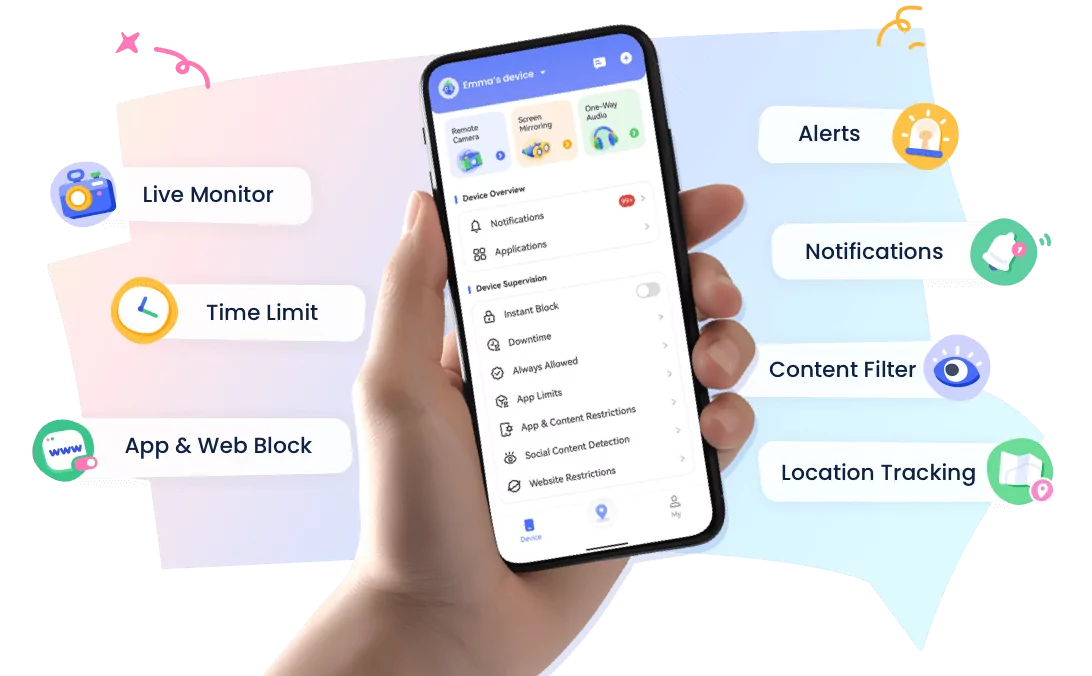
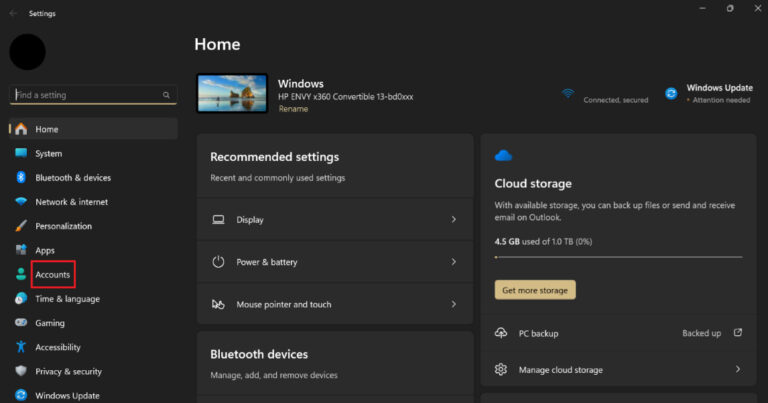
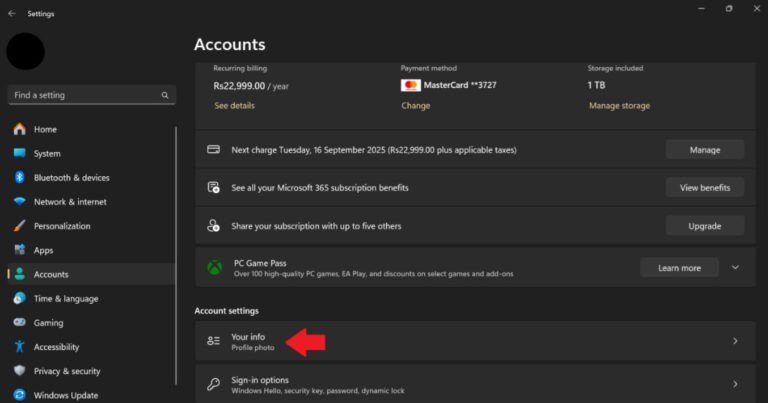
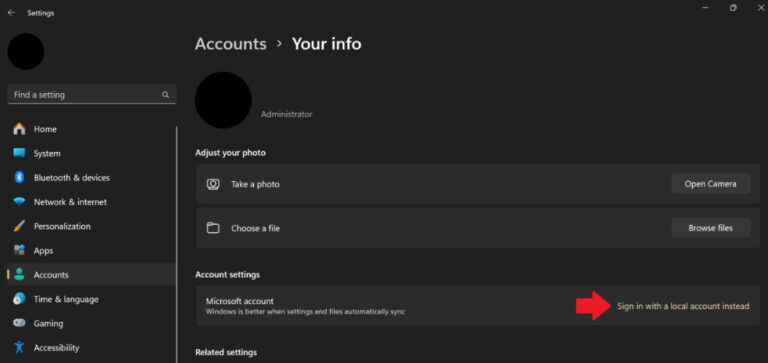
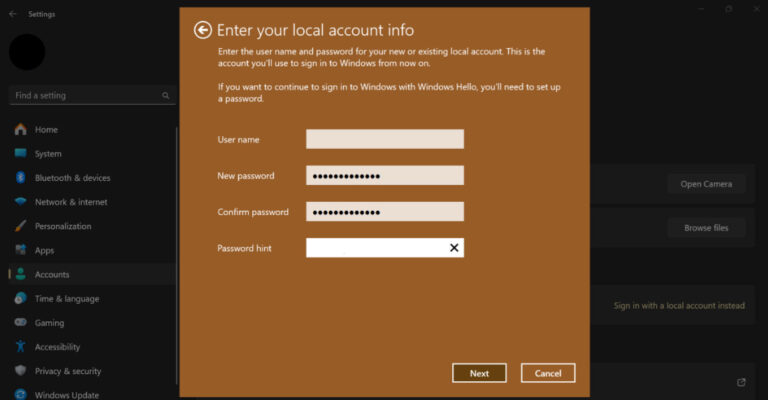
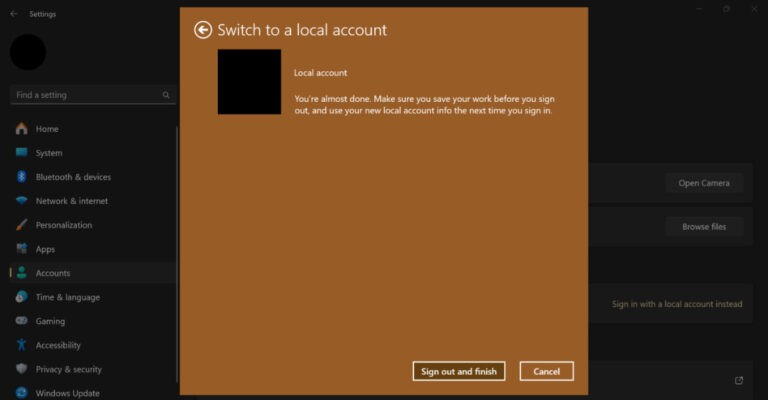
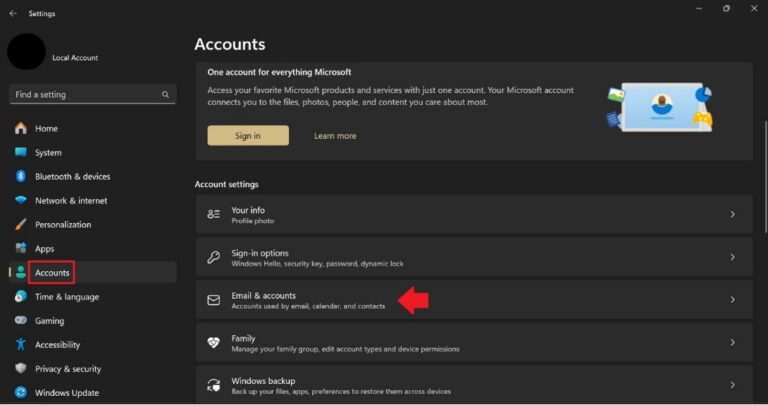
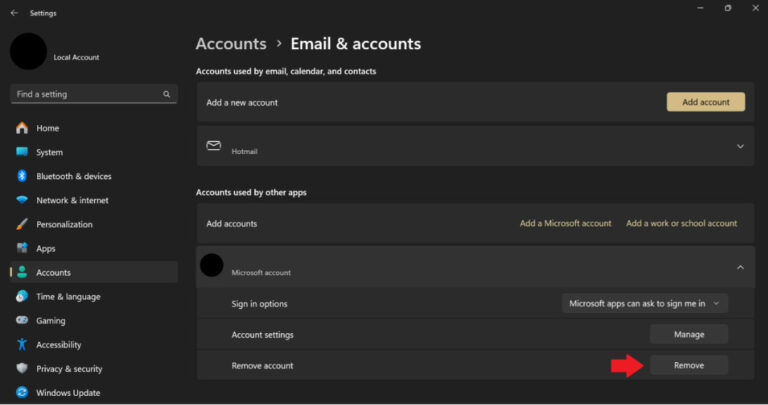
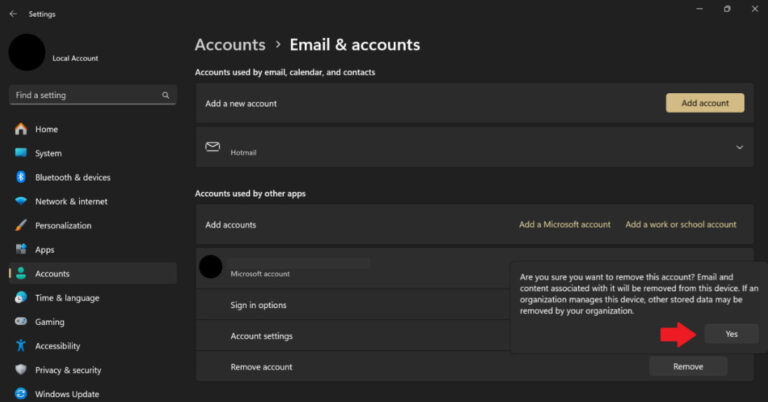




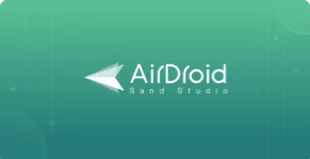









Leave a Reply.